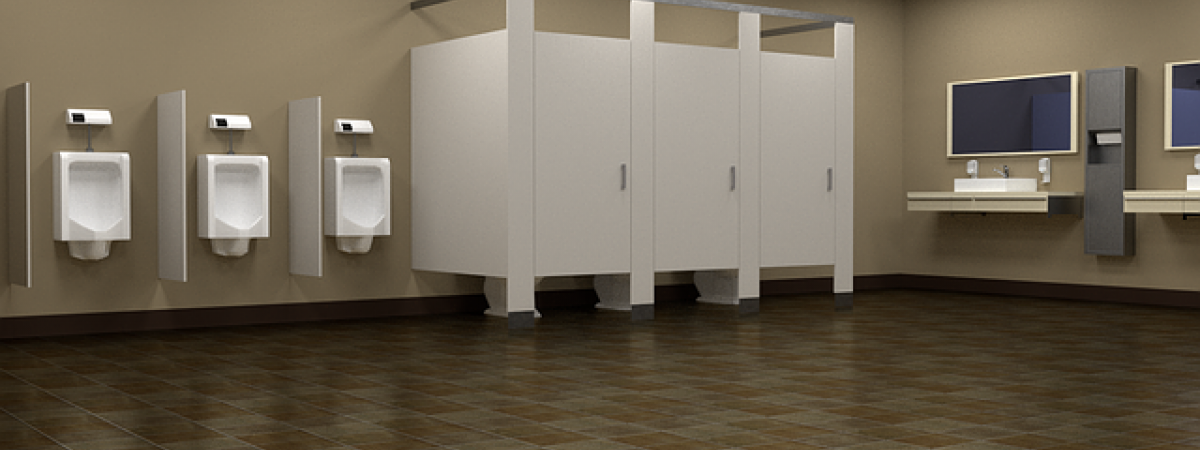What can a urine test reveal about your body?
published in Reader's Digest,
22 June 2018

Every year over 65 million urine samples are requested by healthcare workers in the UK. Peeing into a pot can aid diagnosis, acting as a window into the workings of your body.
Historical urine tests
Hippocrates (born around the year 460BC) said that bubbles on the surface of urine may suggest something wrong with the kidneys (and he was right) whilst the English physician Thomas Willis (1621-1675) noted that some people had urine that was “wonderfully sweet as if it were imbued with honey or sugar”. He coined the modern term ‘diabetes mellitus’ as a result (mellitus is Greek for ‘like honey’), but did not suspect that the urine actually contains sugar (which it does).
Way before this wisdom, the ancient Babylonians wrote about ‘sinatu pizu’ (white or pure urine), urpati sinatu’ (cloudy urine), ‘tidu da sinatu’ (muddy urine) and ‘sinatu bursi’ (red urine). The colour of your urine can indeed tell you something about disease (for example, bloody urine may represent kidney stones). Your urine may also change colour depending on drugs taken or diet eaten (did you know that asparagus can leave a green tinge?)
After the advent of microscopes in the 16th century, cells could be sighted in urine. Cancer cells were first spotted therein in 1845.
After the advent of microscopes in the 16th century, cells could be sighted in urine. Cancer cells were first spotted therein in 1845.
Modern day urine tests
The most common reason for a urine test today is to diagnose infection: essential because if left untreated, a serious infection can lead to sepsis (blood poisoning). Pregnancy testing kits measure a hormone in your urine.
Urine continues to be tested for cancer cells coming from the urinary tract. ‘UroVysion’ (not to be confused with the international song competition with a similar name), for example, is a modern and sophisticated testing kit that fluorescently labels and detects DNA in bladder cancer cells in urine.
If there’s protein in your urine, your kidneys may have leaked it as a result of high blood pressure or diabetes; other conditions such as lupus or amyloidosis may also be to blame.
Remarkably, your urine can also bear witness to what’s going on in your brain. Your pituitary (a pea-like gland hanging below your brain) releases a chemical that controls how dilute your urine is. Certain types of brain tumour, brain surgery or head injury can disrupt the pituitary and affect the amount of urine you pass.
The future of urine testing?
Will urine one day be able to predict your future?
Centuries ago, ‘piss prophets’ (as they were known) used to read the bubbles in urine rather as a fortune teller might read tea leaves. Large bubbles predicted wealth; small bubbles warned of bad news.
Centuries ago, ‘piss prophets’ (as they were known) used to read the bubbles in urine rather as a fortune teller might read tea leaves.
Hocus-pocus that indeed was – but scientists are now developing urine tests that may predict real medical outcomes. Three particular proteins in urine perhaps show promise in the detection of pancreatic cancer; other molecules may predict whether epileptic seizures develop after head injury. Whether a baby will be born pre-term or a foetus suffer stunted growth may also be revealed by tiny particles in the mother’s urine.
Archimedes is said to have shouted “eureka” after his bath-time revelation. Is urine about to have its “eureka” moment too as we discover even more of how fascinating it is?
